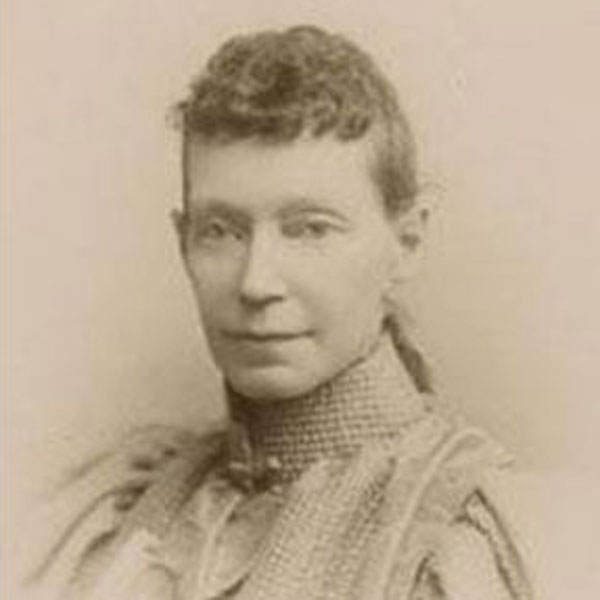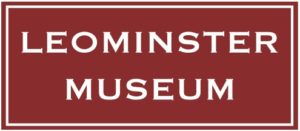Mary Rudge, 1842–1919
First Ladies World Chess Champion
Mary was the youngest child of Dr Henry Rudge, physician, councillor and Mayor of Leominster.
Her chess playing ability developed late, and a move to Bristol, forced by the death of her father, introduced her to more challenging opposition.
She was soon winning tournaments and in 1897 she won the first international women’s chess tournament, becoming the first Ladies’ World Chess Champion.
Unfortunately, financial security did not accompany these achievements and she died in poverty.

Leominster has produced some surprising people and perhaps none more so than Mary Rudge who won the first international women’s chess tournament in 1897, becoming the first female chess champion of the world.
Mary was born in 1842, the youngest child of Dr Henry and Eliza Rudge who were living in Church Street, Leominster at the time. Dr Rudge’s practice in Leominster grew steadily and by the time Mary was twenty the family had moved to 13 Broad Street.
Henry was a keen chess player and taught the game to his elder daughters, who in turn taught Mary. As her interest in chess developed she looked for more challenging opponents, taking part in a correspondence tournament in 1872, and a tournament in Birmingham two years later.
Shortly after that tournament Henry Rudge died, and Mary, then 32, had to move with her sister Caroline, 41, to live with their brother Henry, the curate of a small parish in Bristol.
Mary was now playing chess seriously and the move brought her into contact with the well-known Bristol Chess Club. The club had recently voted to admit women, and Mary was admitted as an associate. Mary had ended up in a place that was going to give her the opportunity to play competitive chess to a high standard.
In 1876 the Rev Henry moved to a new parish, but this post did provide enough income for the siblings and the following year they took over the new Luccombe House Preparatory School on Redland Green. Henry became the schoolmaster and his sisters probably helped with the teaching. The venture may have started successfully because Henry gave up his curate’s post in 1881, but by 1885 things were going wrong and in August the school closed. Henry moved to become curate at North Meols, near Southport, but Mary stayed in Bristol.
While at the school Mary appears to have played little chess, but after its closure she really started to make her mark. She won the Bristol & Clifton Chess Club’s challenge cup which was open to men and women in 1889. ln the same year she became the first woman to publicly play six people at the same time, beating them all and being hailed as “the leading lady player in the world”.
At the time as this success Mary was in desperate straits financially and the club issued an appeal for donations to help her. Perhaps the school venture had wiped out any funds or legacy that had once existed. Mary was reduced to relying on a form of charity, as she became a companion to various ladies.
Over the next few years Mary took part in various competitions, playing for Bristol & Clifton, and for Gloucestershire. She won the Ladies’ Challenge Cup in Cambridge in 1890 and was third in Class II.
Despite fears that “the event would be too taxing for the ladies” the first international women’s chess tournament was held at the Ladies’ Club in London in 1897. Twenty players entered and Mary was only able to attend as friends and chess enthusiasts clubbed together to pay for her to go. Once there, she was unbeatable and fought her way to victory and the £60 prize. Mary was 55 and had reached the pinnacle of her career and was described as “the strongest lady chess player in the world” and ”entitled to style herself lady chess champion of the world“.
Mary’s health deteriorated in the next few years. Her sister Caroline died in 1900 leaving her on her own. In 1912, there was a new appeal for funds. ln her later years she suffered from worsening rheumatism and died at Guys Hospital in London in 1919.

